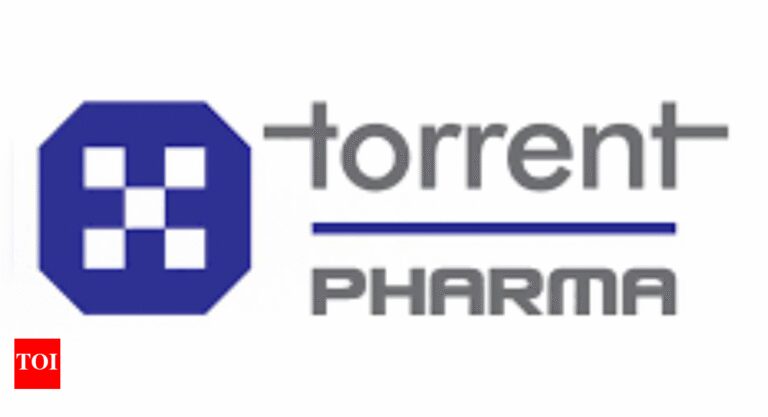(Bloomberg) — Spanish drugmaker Grifols SA paid a higher price to buy blood plasma from an entity linked to its controlling family than from third-party suppliers, according to a regulator’s findings submitted in a court case.
Grifols paid Scranton Enterprises BV — one of its main shareholders — between 2% and 39% more annually for plasma than it paid other suppliers over five years, according to a document from the securities regulator filed with a Spanish court. Grifols also agreed to pay a fixed 16.5% mark up on costs to Scranton, according to the documents, which were seen by Bloomberg.
Although Grifols had previously disclosed that it had a 30-year supply agreement with Scranton, it hadn’t revealed any information on how prices were set. The deal was signed in 2018 and stipulated that Grifols would buy all the plasma from two companies owned by Scranton, Haema and BPC. Scranton, which is owned by members of the Grifols family and acquaintances, had acquired Haema and BPC from Grifols the same year.
In a statement in response to Bloomberg questions, Grifols denied any illicit enrichment and said that all explanations related to the transactions have already been given to the securities regulator CNMV.
The disclosures are emerging in documents in a court fight between Grifols and short seller Gotham City Research, and once again raise questions about the company’s governance. In a January 2024 short-selling report, New York-based Gotham had accused Grifols of misleading investors and misstating its accounting —- claims denied by the Barcelona-based company.
Business dealings between Grifols and Scranton had been at the heart of Gotham’s attack. Grifols and Scranton subsequently took Gotham to court in Spain while Grifols also filed a lawsuit against the short seller in New York.
The regulator documents filed with the court also show that Grifols specifically asked the Spanish securities agency CNMV in 2019 not to publicly disclose the pricing deal. In a statement to Bloomberg, Grifols said it never made the request.
“These are matters that fall within the jurisdiction of the affected company, and it is the company that must decide whether to make them public,” the CNMV said in a response to questions regarding the disclosures.
Gotham declined to comment. Scranton representatives didn’t reply to several calls and emails seeking comment.
According to the court documents, Grifols told the securities regulator that the sale of Haema and BPC was unanimously approved on Dec. 24, 2018, by members of its board who had no links to Scranton, but didn’t address the regulator’s questions about whether conflicted directors took part in the deliberations prior to the vote.
Grifols also told the CNMV that the fairness opinion letter for Scranton’s acquisition of Haema and BPC was produced by then Chief Financial Officer Alfredo Arroyo, who retired from the company last year. Arroyo declined to comment when contacted by Bloomberg.
Fairness opinions are typically written by investment banks or independent valuation firms and help boards with their financial assessment.
The Spanish court is assessing whether Gotham published potentially misleading or biased information about Grifols. The court’s fact-finding process in the case includes various reports produced by the securities regulator CNMV — one focusing on whether Gotham’s actions could amount to market manipulation and another examining alleged shortcomings in Grifols’ financial disclosures.
Following the Gotham report, Grifols removed family members from top management positions and also named outsiders as chief executive officer and CFO.
More stories like this are available on bloomberg.com




